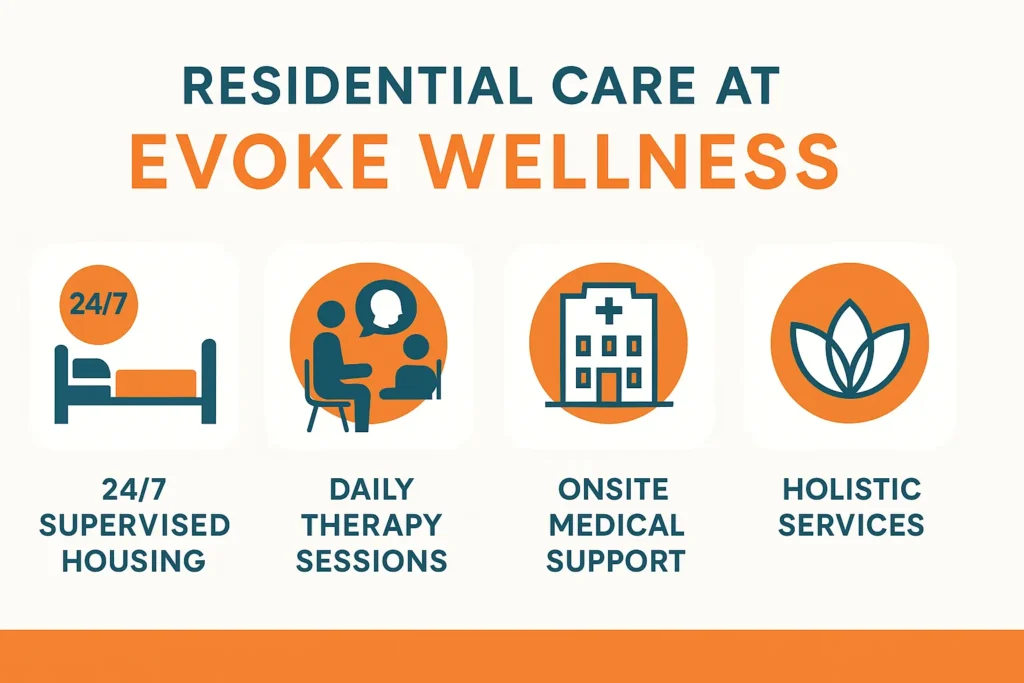Home » Addiction Treatment Programs in Massachusetts » Residential Treatment Program in Massachusetts for Lasting Recovery
- Medically Reviewed
Residential Treatment Program in Massachusetts for Lasting Recovery
- Medical Detox
- Insurance Accepted
- Same Day Admission
- Levels of Care
- Our Services
Drug detoxification and medically managed withdrawal can be a safe and effective way to begin your recovery from substance abuse issues.





